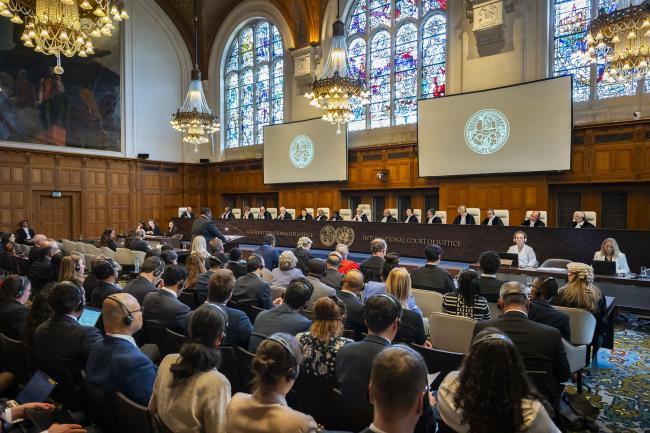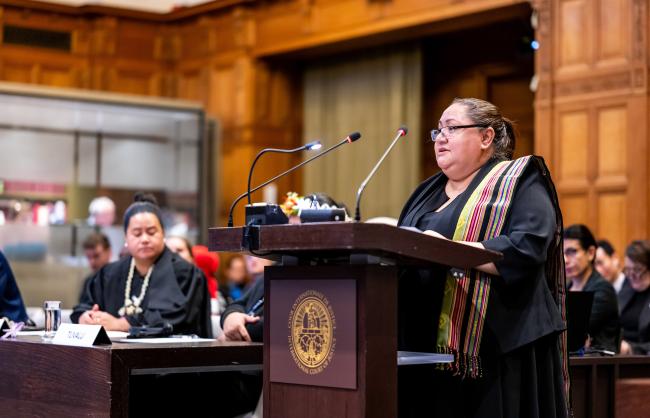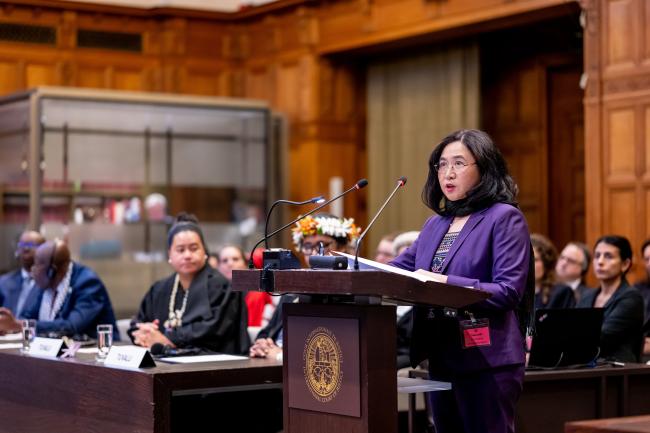Many speakers highlighted developed countries’ obligations under the climate regime, not only with regard to taking the lead in mitigating greenhouse gas (GHG) emissions, but also in providing finance, technology transfer, and capacity building to support developing countries’ climate actions.
Want to dig deeper into today's statements? Read the full Earth Negotiations Bulletin daily report.
The Comoros underscored that least developed countries (LDCs) only account for 3.3% of global GHG emissions. Timor Leste, another LDC, emphasized the distinction between subsistence pollution—necessary for survival—and luxury pollution. They said the climate crisis cannot be considered in isolation from poverty and global inequality. Rather, they asserted, it is the result of the historical and ongoing actions of industrialized nations who have reaped the benefits of rapid economic growth powered by colonial exploitation and carbon-intensive practices.
“The debt crisis is like a python wrapped around us, leaving no breathing space for us to invest in adaptation, mitigation, or addressing loss and damage,” underscored Zambia, also an LDC. They called on the Court to clarify that the positive legal obligation of developed countries to provide support requires practical assistance tailored to needs, in particular through the provision of debt relief and debt-for-climate swaps rather than loans.
Countries like Thailand, Viet Nam, and Uruguay emphasized the importance of technology transfer. Several speakers underscored adaptation needs, for example, with regard to coastal protection, agricultural production, and biodiversity conservation.
Various countries also specified their hopes for the Court’s advisory opinion. “Words are the seeds of action, and many have germinated as legal obligations applicable to climate change,” noted Thailand. Zambia encouraged the Court not to “be afraid of State responsibility,” emphasizing it is a key tool for achieving climate justice, while Tuvalu underscored it “will not go quietly into the rising sea.”
To receive free coverage of global environmental events delivered to your inbox, subscribe to the ENB Update newsletter.














